It’s been in the offing for some time, but AT&T has officially declared that after Jan. 8, 2016, the company will no longer be offering 2-year contracts to most customers. [More]
at&t next
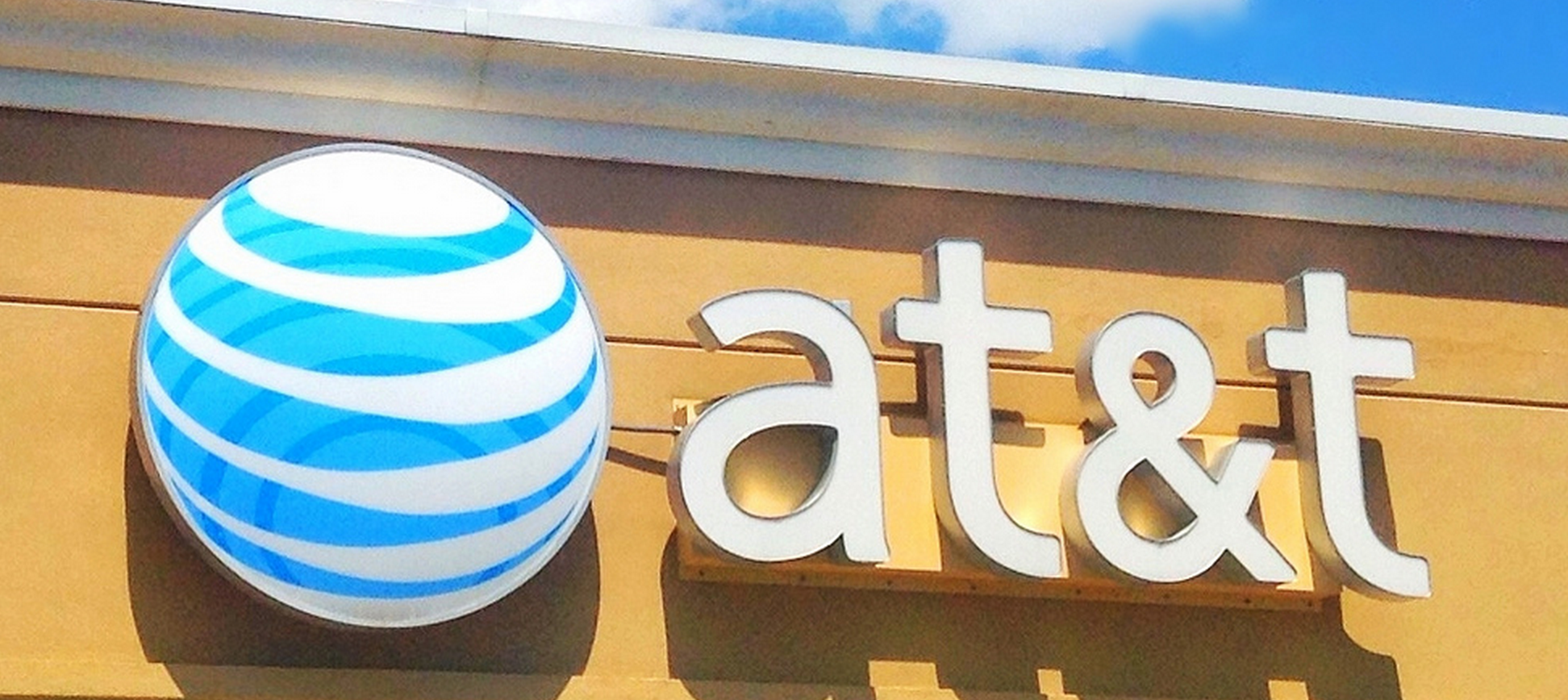
AT&T Raising Activation Fees, Adding Activation Fee For New AT&T Next Users
Starting Aug. 1, activating a device on AT&T is going to get more expensive. The Death Star, perhaps power mad from its triumphant acquisition of DirecTV, has decided to not only raise activation fees for contract customers, but also to make its AT&T Next and Bring-Your-Own-Device plans less affordable by adding an activation fee for new customers. [More]

AT&T No Longer Offering 2-Year Contracts On iPhone Through Apple Online Store
Are you a current or future iPhone user who enjoys going right to the Apple Store to buy your new device when it’s time to upgrade? You’re going to have to go with Sprint or Verizon in the future if that’s the case: AT&T is no longer offering subsidized devices when you buy your phone through Apple. [More]
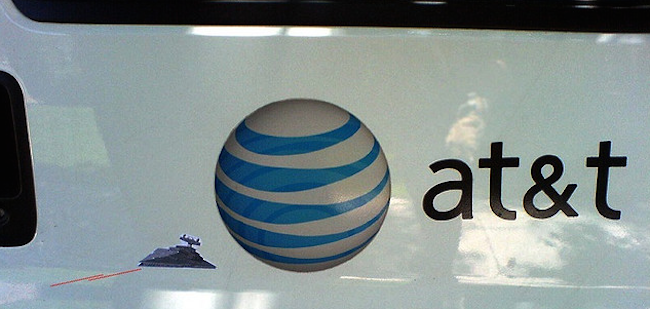
AT&T Ditching 2-Year Contracts At Walmart & Other Retailers
In the latest move to nudge new customers into paying full price for their phones, AT&T is going to stop offering 2-year contracts through third party retail stores like Walmart and others. [More]
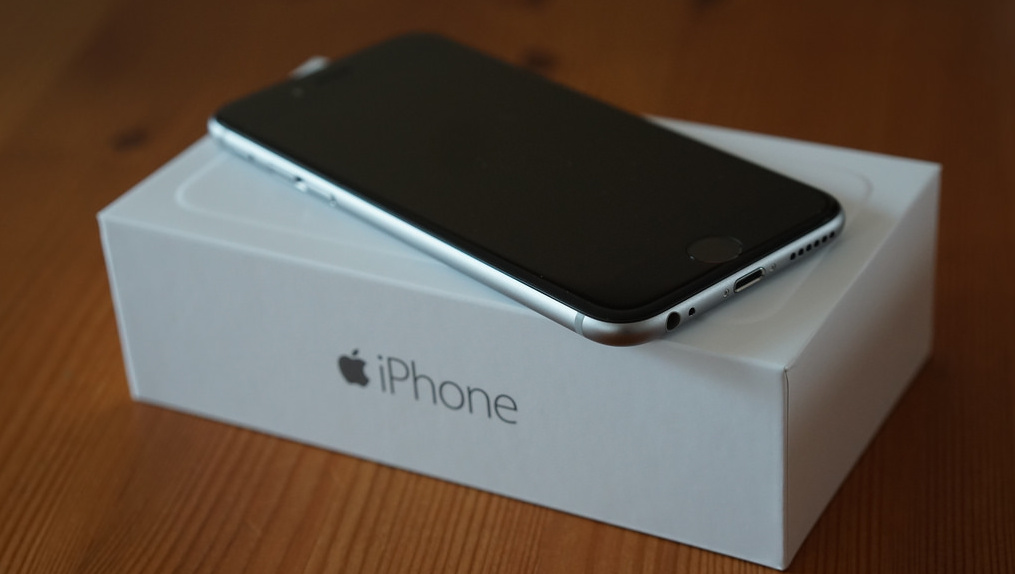
AT&T Quietly Offering Customers $50 To Upgrade At Apple Stores
If you’ve decided that it’s time to upgrade your mobile device, and you’re an AT&T customer, AT&T really, really wants you to consider using their installment plan. Not only is there no upgrade fee for current customers who use the company’s Next installment plans, but AT&T is offering customers an extra fifty bucks if they finance a new iPhone, but don’t order it through AT&T. [More]
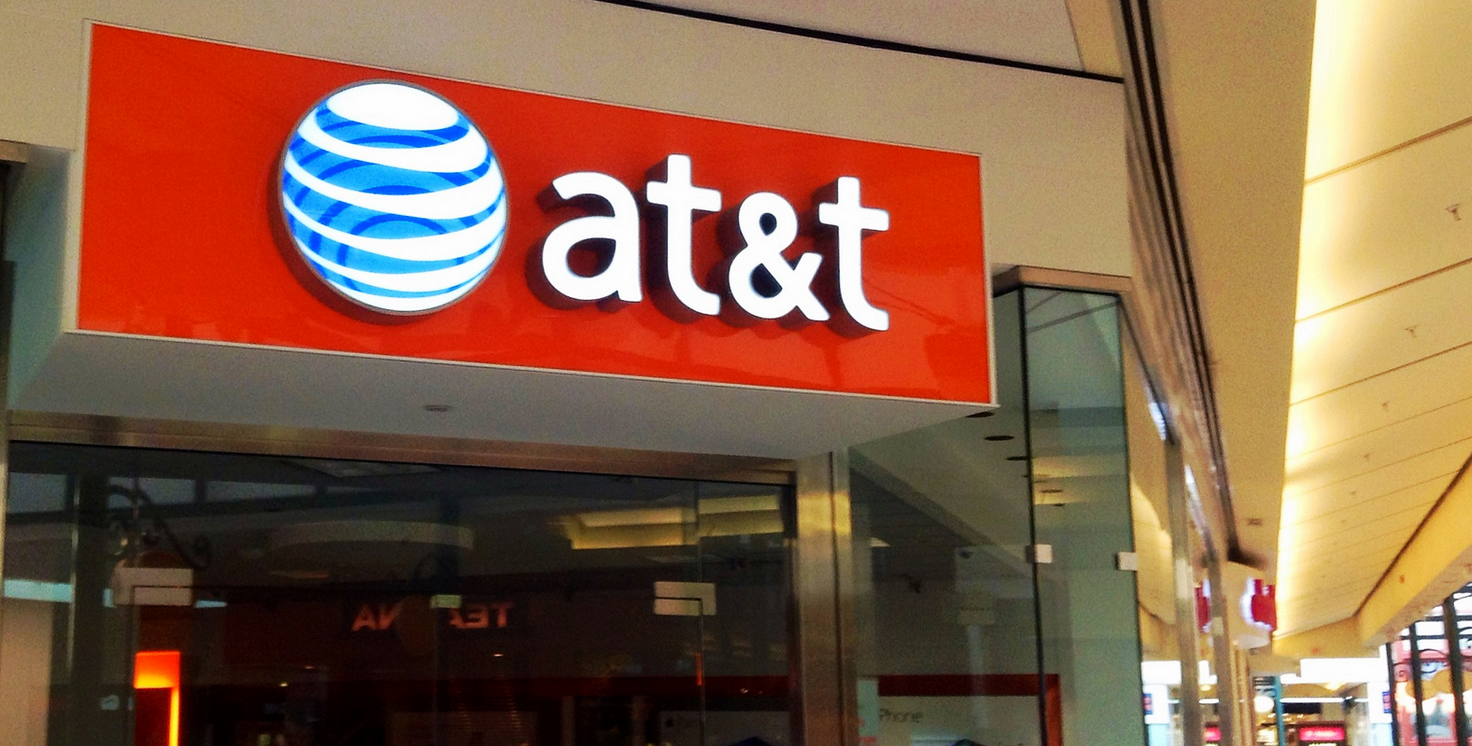
AT&T’s New 30-Month Plan Tries To Make It Worth Paying Full Price For Phones
One of the knocks against unsubsidized wireless plans — those plans where you pay full price for your phone but get a discount on monthly service — is that the discount isn’t enough to justify paying upwards of $600-$750 for a top-of-the-line new phone, and that the monthly installment options are really just de facto contracts. But AT&T’s newest plan stretches out payments long enough so that you pay just about the same price — if not lower — than you would under contract. [More]

AT&T: Half Of New Phone Buyers Are Choosing Next Plans
When you see AT&T advertising the hottest new phones as being available for “$0 down,” that’s if you opt for the early upgrade/installment payments plan called AT&T Next. While stock analysts (and, we’re guessing, AT&T itself) expected the program to be a huge hit, the prospect of getting a $15/month discount and paying full sticker price for a smartphone just isn’t tempting to the average consumer. [More]

AT&T Letting Customers Out Of Contract If They Switch To AT&T Next
AT&T continues its push to move customers away from standard two-year plans (that include subsidized device prices) and toward plans where the customer owns pays full price for her phone, but gets a discount on her monthly data rate. Yesterday, the company announced that it would allow certain contract subscribers to ditch their contracts without penalty — if they switch over to the AT&T Next plan. [More]
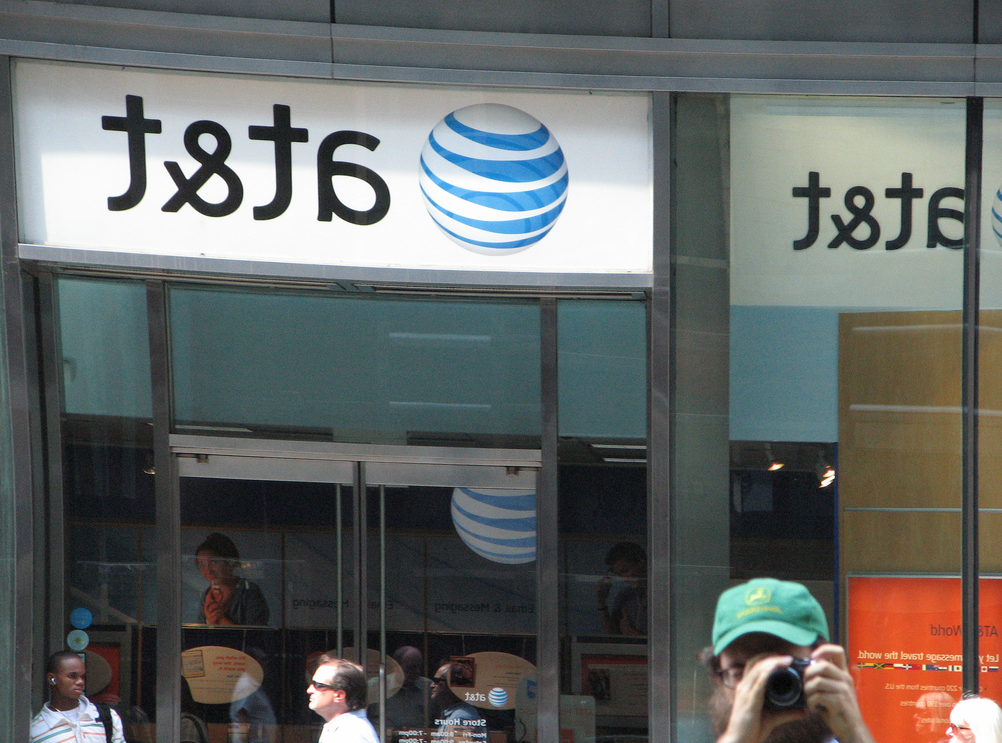
AT&T To Offer $15/Month Discounts To Customers With Out-Of-Contract Phones
Want some more evidence that the failure of the AT&T/T-Mobile has resulted in something resembling actual competition among wireless companies? Months after T-Mo’s shift to an “un-carrier” model, in which the price of a monthly subscription is listed separately from the cost of the phone (and where subscribers who own their phones only pay for service), AT&T is following suit by reshaping its plans to offer discounts to customers with out-of-contract phones and AT&T Next members. [More]

Will Sprint’s New Early Upgrade Program Be Worth It?
Earlier this summer, AT&T, Verizon Wireless, and T-Mobile each launched early upgrade programs in an effort to keep customers locked into their service without the regret of having to hold on to an old phone. Unfortunately, since those programs don’t do much, if anything, to bring down the monthly cost of phone service, we didn’t see the appeal. Sprint is reportedly set to join in the early upgrade fun, but is its program any better? [More]

Without Drops In Monthly Wireless Rates, New Early Upgrade Programs Are A Fool’s Bet
In just the last week, three of the four national wireless providers have each announced their version of some sort of program to entice people to pay more for early upgrades. But AT&T and Verizon aren’t lowering their monthly rates to account for the higher phone prices (and T-Mobile is actually charging extra for the program), people who enroll in these offerings are really just paying for other customers’ phones. [More]

Verizon Jumps On The “Pay For Early Upgrade” Bandwagon With New Edge Program
Yesterday we looked at the motives and math behind the new early upgrade programs from AT&T and T-Mobile and said that Verizon would likely be unveiling its own version of something similar. Well that day has come, with Verizon Wireless announcing its Edge program that let’s you upgrade as early as 6 months after getting your new phone, if you’re willing to pay a bit extra. [More]
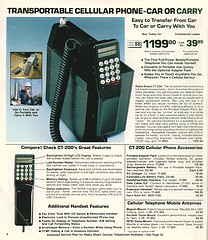
Here’s Why Wireless Companies Are Going Gaga About Early Upgrade Programs
In the last year, AT&T did away with early upgrades for customers, then announced AT&T Next, an early upgrade program. Verizon was the first to get rid of early upgrades, but its soon-to-be-announced Edge program is expected to encourage early upgrades. Meanwhile, T-Mobile recently showed off its JUMP early upgrade plan to allow subscribers to get new devices up to twice a year. Why all the sudden, and seemingly contradictory, focus on early upgrades? [More]

